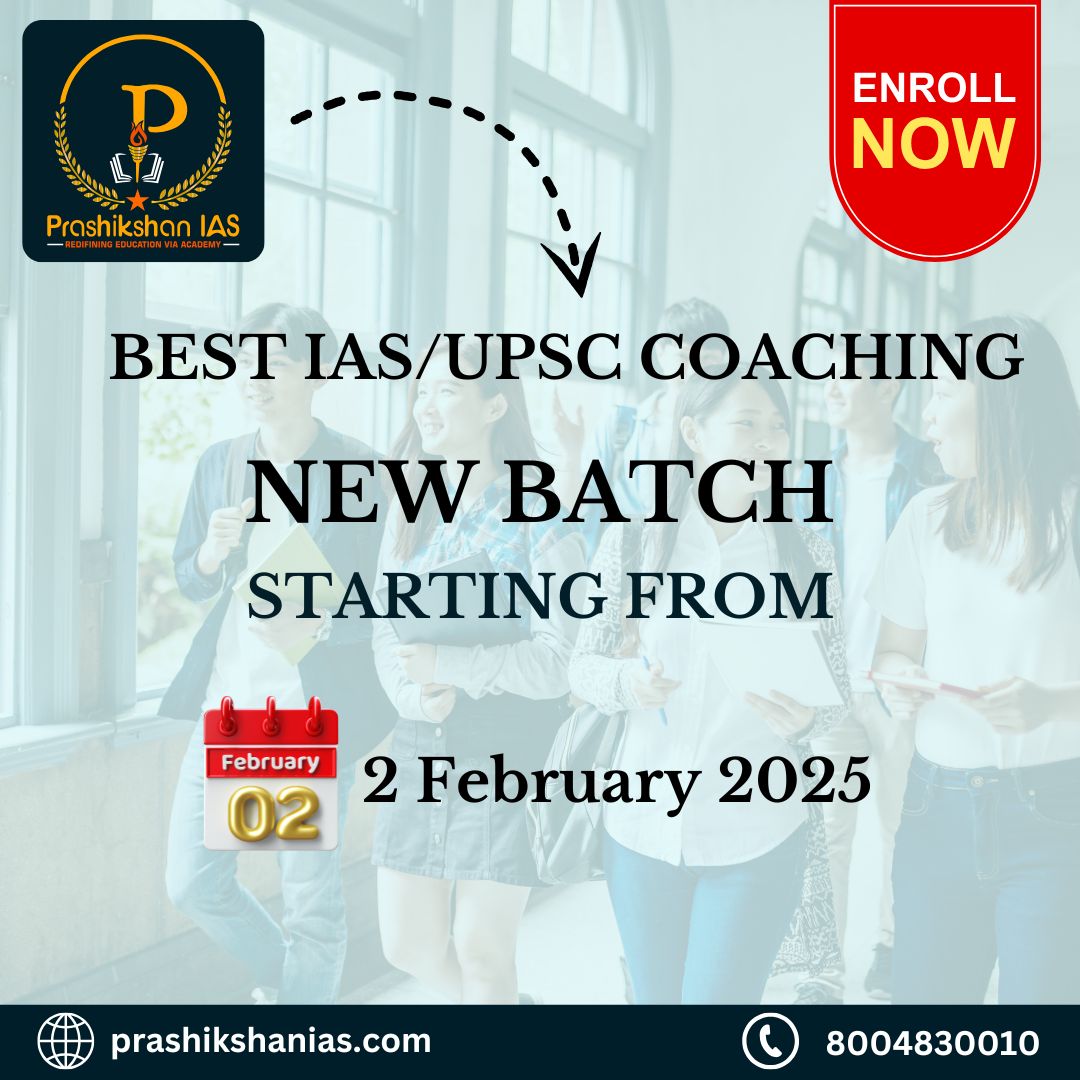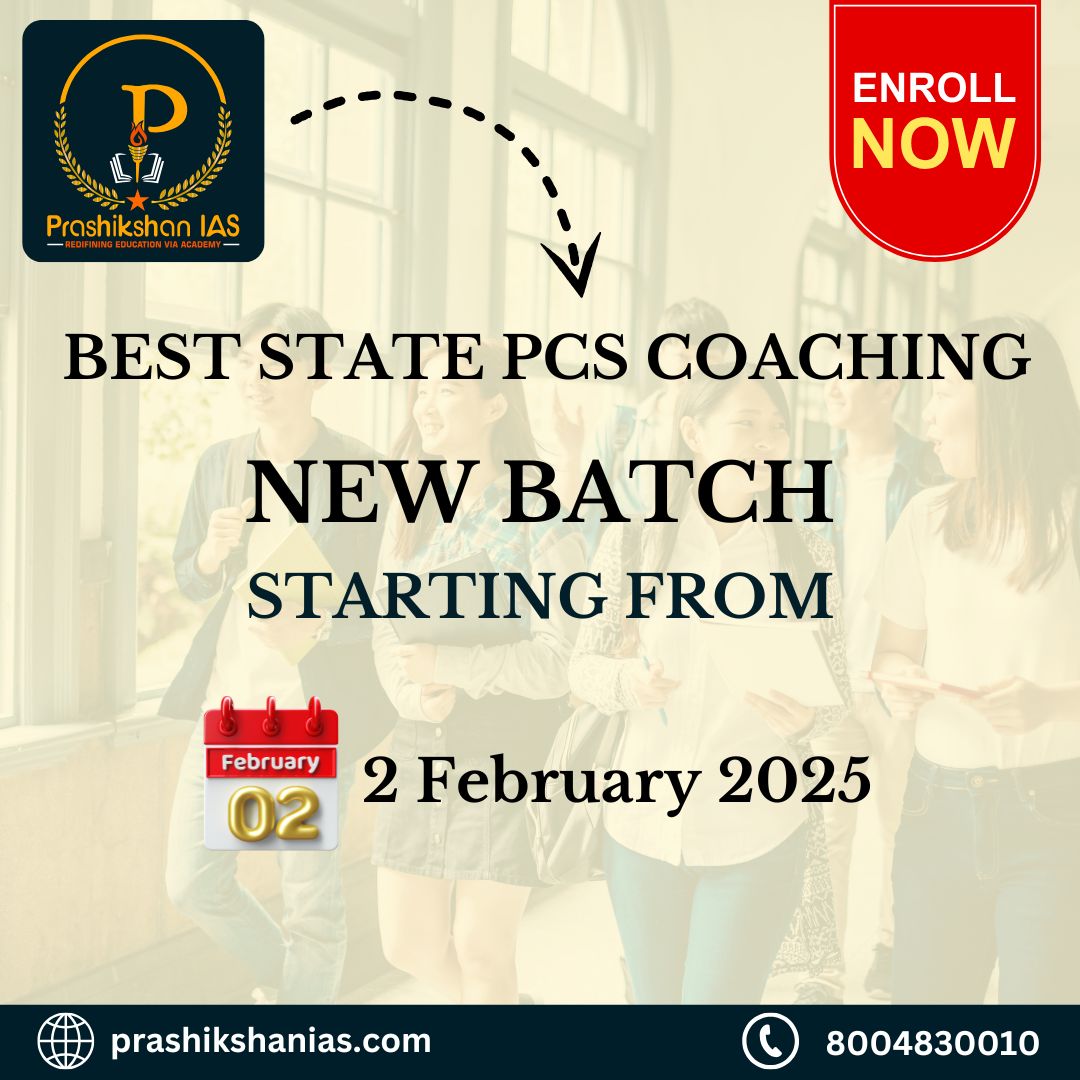Political Science and International Relations(PSIR)
Optional Subject – Political Science and International Relations ( Paper – I )
Political Theory and Indian Politics:
Political Theory:
Indian Political Thought:
Western Political Thought:
Indian Government and Politics:
Indian Nationalism:
(a) Political strategies of India’s freedom struggle constitutionalism to mass satyagraha, non-cooperation, civil disobedience, and Quit India militant and revolutionary movements peasants and workers’ movements.
(b) Perspectives on Indian national movement: Liberal, Socialist, and Marxist Radical humanist and Dalit perspectives.
Making of the Indian Constitution:
Salient Features of the Indian Constitution:
Principal Organs of the Union Government:
(a) Executive, Legislature, and Judiciary — Structure, functioning, roles, and powers.
(b) Principal Organs of the State Government — Executive, Legislature, and High Courts.
Grassroots Democracy:
Statutory Institutions/Commissions:
Federal System:
Planning and Economic Development:
Caste, Religion, and Ethnicity in Indian Politics.
Party System
Social Movements
Political Science and International Relations ( Paper 2 )
Comparative Politics and International Relations:
Comparative Political Analysis and International Politics:
Comparative Politics:
Approaches to the Study of International Relations:
Key Concepts in International Relations:
Changing International Political Order:
Evolution of the International Economic System:
United Nations
Regionalization of World Politics:
Contemporary Global Concerns:
India and the World:
India’s Foreign Policy:
Non-Alignment Movement (NAM):
India and South Asia:
(a) Regional cooperation SAARC — past performance and future prospects.
(b) South Asia as a Free Trade Area.
(c) India’s “Look East” policy.
(d) Obstacles to regional cooperation River water disputes, illegal cross-border migration, ethnic conflicts, and insurgencies border disputes.
India and the Global South:
India and Global Centers of Power:
India and the UN System
India and the Nuclear Issue:
Recent Developments in Indian Foreign Policy:
Get in Touch



Frequently Asked Questions
Why is PSIR a popular optional subject for the IAS exam?
PSIR is a well-rounded optional subject as it overlaps significantly with the General Studies papers, especially in Polity, Governance, International Relations, and Ethics. It is also highly dynamic, covering both theoretical frameworks and contemporary global and domestic issues.
What are the key topics to focus on in PSIR for scoring well?
Paper 1: Political theories, thinkers (Western and Indian), concepts like justice, equality, and democracy, and Indian Constitution/governance.
Paper 2: Comparative politics, global governance, international organizations, India’s foreign policy, and contemporary global issues like globalization and climate change.
How much overlap does PSIR have with General Studies (GS) in the UPSC syllabus?
PSIR has significant overlap with GS:
GS Paper 2: Indian Polity, Governance, and International Relations.
GS Paper 1: Social issues related to caste, religion, and ethnicity.
GS Paper 4: Ethics and political ideologies like Gandhism.
This makes it a strategic optional choice.
What is the ideal strategy for preparing PSIR as an optional subject?
Understand the syllabus thoroughly and link theoretical concepts with contemporary examples.
Refer to standard books like OP Gauba (Political Theory), Andrew Heywood (Global Politics), and Rajeev Bhargava (Indian Political Thought).
Follow current affairs regularly, especially on international relations and India’s foreign policy.
Practice answer writing with emphasis on clarity, structure, and use of examples.
Is a background in Political Science necessary for choosing PSIR?
No, a background in Political Science is not mandatory. With the right resources and a disciplined approach, even candidates from non-PSIR backgrounds can excel in this optional subject. Its concepts are straightforward and its relevance to current affairs makes it easier to understand and apply.
Talk to a Counselor
Would you like to start a learning with us?
